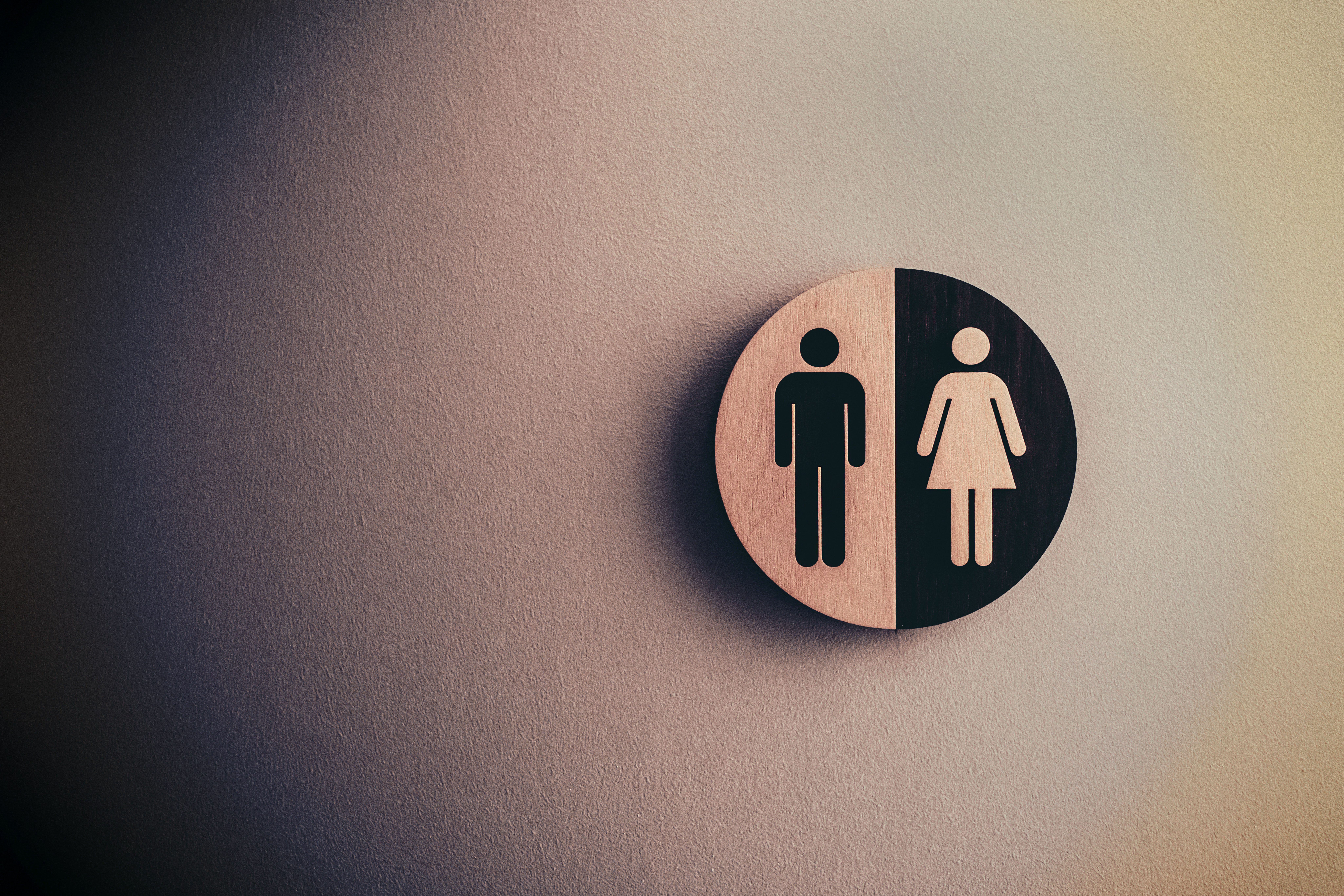What Constitutes a Hostile Work Environment in Georgia?

Employees deserve to be treated with respect and dignity in the workplace and to be free from harassment and discrimination. If you are the victim of a hostile work environment, you could be entitled to seek compensation
“Hostile work environment” is a phrase that many people misunderstand. While it can be used as a generic phrase to describe an unpleasant workplace, the legal definition of a hostile work environment refers explicitly to severe, pervasive types of harassment that violate anti-discrimination laws. Let’s take a closer look at the qualifications you must meet to bring a valid claim.
Criteria for a Hostile Work Environment Claim
The Equal Employment Opportunity Commission (EEOC), which is tasked with handling workplace harassment and discrimination complaints, defines a hostile work environment using the following criteria:
First, for misconduct to be unlawful, it must involve a protected group. The discrimination or harassment must be based on race, color, religion, nationality, disability, genetic information, age (for workers who are at least 40), and sex (which includes sexual orientation, gender identity, and pregnancy). If someone is being harassed at work but not in relation to a protected class of people, then they must be able to demonstrate that they suffered from misconduct or mistreatment that other non-protected co-workers did not suffer from.
Second, the misconduct that the worker has been subjected to must meet the definition of harassment. Whether physical or verbal, the harassment must be linked to the worker’s membership in a protected group. For instance, if a worker is being subjected to slurs because of their sexual orientation or gender identity, that would certainly qualify as harassment, as would inappropriate touching.
The harassment generally must be a pervasive problem, occurring over a period of time. A singular instance of harassment probably would not create a hostile work environment. If a worker is called a homophobic slur one time, they might not have a valid claim. But if someone else in the workplace repeatedly uses slurs against the worker, that would likely qualify as pervasive.
For a worker to experience a hostile work environment, they need not be the person who is harassed. If a worker’s job performance is affected by harassment against another worker, that could rise to the level of a compensable claim
The harassment or discrimination must also be “severe” in the sense that it goes beyond rude comments or teasing. If a reasonable person would find the misconduct to be abusive, offensive, or intimidating, it would likely be considered harassment. One of the main ways that courts test whether harassment is severe is to examine whether the mistreatment interferes with the worker’s desire or ability to do their job.
The final component involves the employer’s knowledge of the harassment. To have a valid hostile work environment claim, the worker has to show that their employer was aware of the mistreatment or should have been aware of it.
What You Can Do If You Are Unlawfully Harassed in the Workplace
If you are being unlawfully harassed at work, you should:
- Make a note of every hostile interaction you encounter, and be sure to include details about the individual(s) involved, the names of any bystanders who witnessed each incident, and the date and time of each incident
- Concentrate on recording harassment that is pervasive, severe, and targets a protected group (i.e., commentary or mistreatment that is based on sex, race, religious background, etc.)
- Report the harassment to your supervisor or employer. If they fail to take swift action to stop the unlawful misconduct, you should reach out to an attorney for help. Keep in mind that there are time limits for filing a charge with the EEOC.
An experienced Georgia employee rights attorney can help you determine whether you have a valid claim. If so, you could be entitled to remedies, including front pay, back pay, compensatory and punitive damages, and compensation for other losses, such as legal fees.
Contact a Hostile Work Environment Attorney
If you are a victim of a hostile work environment in Decatur, contact a hostile work environment lawyer at The Vaughn Law Firm for a consultation by calling 877-615-9495.




